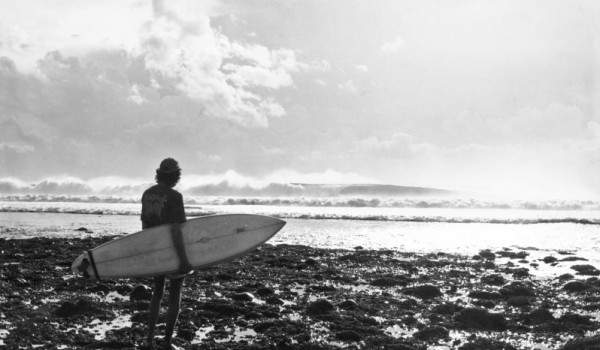
SURF CULTURE: William Finnegan Talks About His Pulitzer Prize-Winning Ultimate Summer Read
The beach is open, which means it’s time to make up your all-important Summer Reading List before you head “DTS.”
Journalist William Finnegan has you covered, with his memoir, Barbarian Days: A Surfing Life (Penguin Press). Fresh off earning the Pulitzer Prize, Finnegan’s autobiographical recount of his recreational obsession offers a truly cerebral look at surf culture that transcends the sport itself.
Currently on tour in support of the book, Finnegan will be appearing at Hoboken’s Little City Books on June 9th to discuss Barbarian Days. He was kind enough to chat with hMAG Editor/Publisher Christopher M. Halleron about the ebbs and flows of surfing life…
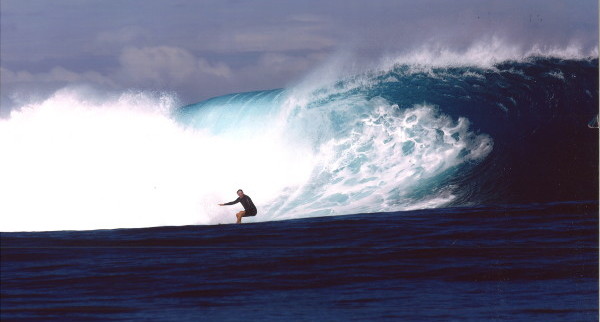
hMAG: One of my favorite lines from Apocalypse Now is when Col. Kilgore (Robert Duvall) barks at his junior officer, “What the hell do you know about surfing, Major—you’re from goddamned New Jersey?!?” While that line has always cracked me up, I do bristle a bit, having learned what little I know about surfing “down the shore” in Spring Lake. Have you ever surfed the Garden State?
William Finnegan: Yes. I surf in New Jersey a lot. West winds light up the whole Shore, and those are not uncommon. South and southeast swells, which tend to arrive pretty regularly from late fall to early spring, produce shockingly good waves if you know where to go. Col. Kilgore had no idea what he was talking about. Jersey is also full of good surfers, who are remarkably pleasant when dudes from New York paddle out at their local spots. I grew up in California and Hawaii, and I often think, at certain jetties on certain winter days in Jersey, that, if waves of the same quality were to break anywhere near Los Angeles, there would be 100 people in the water. I’ve seen magic days in Jersey with three guys out. Of course, it’s freezing and the water is usually brown.
hMAG: As a relative outsider to the sport, I get the sense that there is an elitism to surfing. Much like skiers tend to denigrate anything east of the Rockies, is there anything to the contempt for East Coast surfing?
WF: That regional contempt was common in the Dark Ages, which is when I grew up—the 1960s and 1970s. But then the East Coast produced so many good surfers, including Kelly Slater, who is the greatest surfer in history, that the snootiness pretty much went away. Slater is from Cocoa Beach, Florida, and he’s been the consensus best surfer in the world for the past 25 years. Lots of other top pros have also come out of Florida, North Carolina, New Jersey, and Long Island.
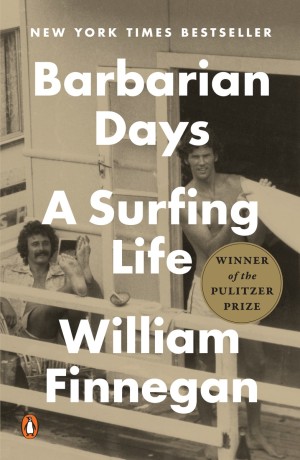 hMAG: You’ve traveled a lot as a journalist. Do you look at an assignment and immediately envision the nearest surfing opportunity, or is it something you prefer to enjoy in a select few environs?
hMAG: You’ve traveled a lot as a journalist. Do you look at an assignment and immediately envision the nearest surfing opportunity, or is it something you prefer to enjoy in a select few environs?
WF: Some assignments give me a chance to take surf breaks. Most don’t, alas. I got lucky a couple of years ago in Australia, where I was profiling a mining mogul in the West; also, a couple of years before that in Madagascar, where I was writing about endangered tortoises and stumbled on good waves. Sometimes I’m near good surf but can’t get to it. I’ve done a series of long New Yorker pieces on organized crime in Mexico where the reporting has occasionally taken me near terrific spots, but I was either too busy or the situation was too insecure for me to surf. I go to Mexico TO surf at least once a year, but always to less dangerous parts of the coast.
hMAG: Where’s the most pristine, spiritually moving spot you’ve surfed?
WF: I’ve ridden great empty waves in western Fiji and in western Indonesia. Those were peak experiences, and I write about them in the book. Both of those spots later became famous, unfortunately, and are now crowded. They’re still magnificent waves, of course, but it’s a dogfight in the water. Surf spots change, sometimes by natural agency (storms, earthquakes, sand flow changes), sometimes by human agency (development, dredging, overcrowding).
hMAG: Where’s the shadiest, saddest place you’ve surfed?
WF: Probably a pointbreak in El Salvador during the civil war there. It was a terrific wave but a terrible war. Death squads were active in the area and I had seen a young colleague killed a few days before.
hMAG: You’re a writer who has achieved writing’s highest recognition by writing about what it is you do when you’re not writing… that has to make you chuckle a bit. How does it feel to earn a Pulitzer covering your recreational passion?
WF: Strange! I’ve written a bunch of serious journalistic books, and here a memoir about my hobby wins the big enchilada.
hMAG: Are you ever worried—particularly now—that surfing will become a job?
WF: Nope.
*************
William Finnegan will be appearing at Little City Books (100 Bloomfield Street, Hoboken) on Thursday, June 9th at 7:30 p.m.—plenty of time to stop by Little City and grab the book, so you can enjoy it on the beach before he comes to town.
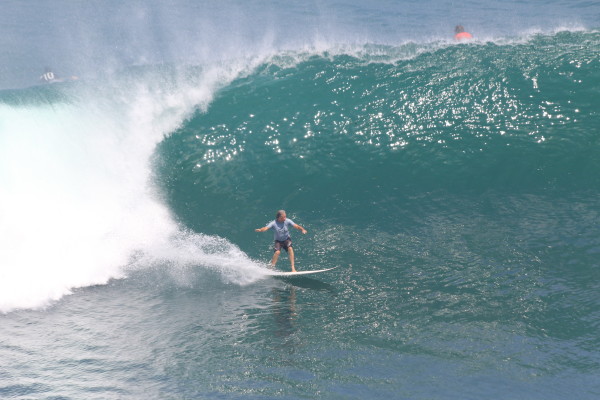

 Previous Article
Previous Article Next Article
Next Article Hoboken Artist Maggie Hinders on Display at SOMA Studio Tour — June 2nd & 3rd
Hoboken Artist Maggie Hinders on Display at SOMA Studio Tour — June 2nd & 3rd  FACES: Artist Shannon Harfosh
FACES: Artist Shannon Harfosh 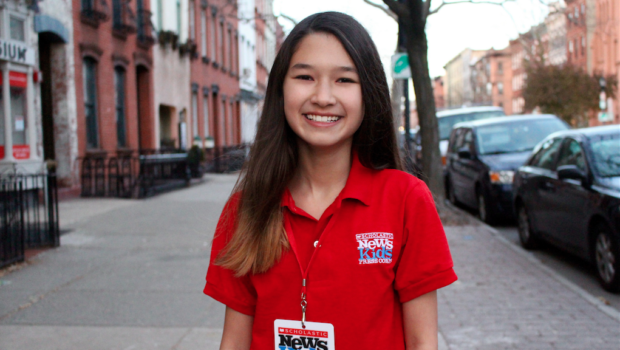 REAL NEWS: Hoboken Student Named to ‘Scholastic News Kids Press Corps’
REAL NEWS: Hoboken Student Named to ‘Scholastic News Kids Press Corps’  FIRST WARD: Michael DeFusco / Migdalia Pagan-Milano | Hoboken City Council Candidate Questionnaire — VOTE NOV. 5, 2019
FIRST WARD: Michael DeFusco / Migdalia Pagan-Milano | Hoboken City Council Candidate Questionnaire — VOTE NOV. 5, 2019 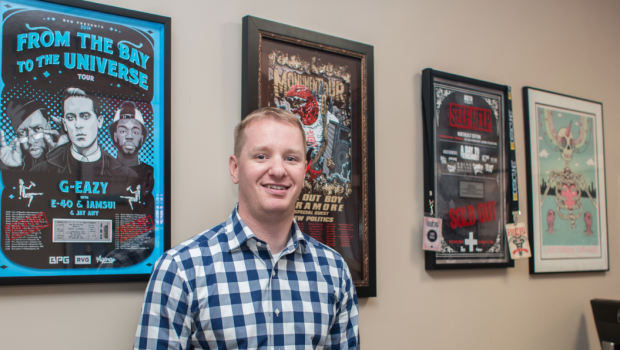 FACES: Eddie Clemens — Live From Hoboken
FACES: Eddie Clemens — Live From Hoboken  HOBOKEN TO THE HIMALAYAS: Local Resident/Irish Expat to Honor His Father by Climbing Everest
HOBOKEN TO THE HIMALAYAS: Local Resident/Irish Expat to Honor His Father by Climbing Everest 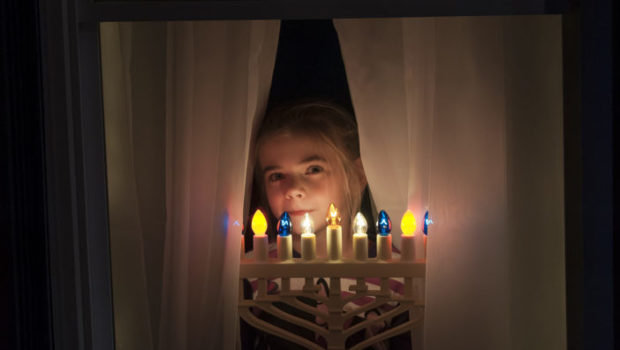 FACES: Matilda Lawler – Actress – THE NET WILL APPEAR | Mile Square Theatre
FACES: Matilda Lawler – Actress – THE NET WILL APPEAR | Mile Square Theatre 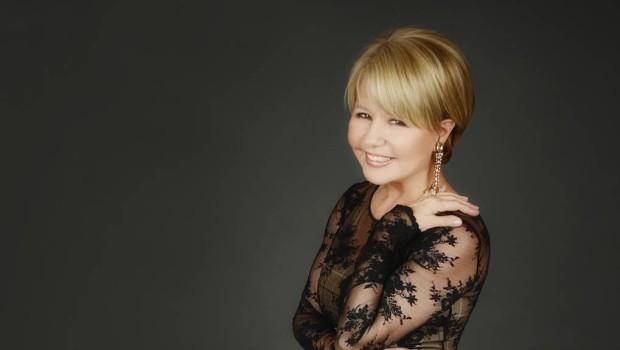 FACES: Pia Zadora — Actress, Singer, Star
FACES: Pia Zadora — Actress, Singer, Star